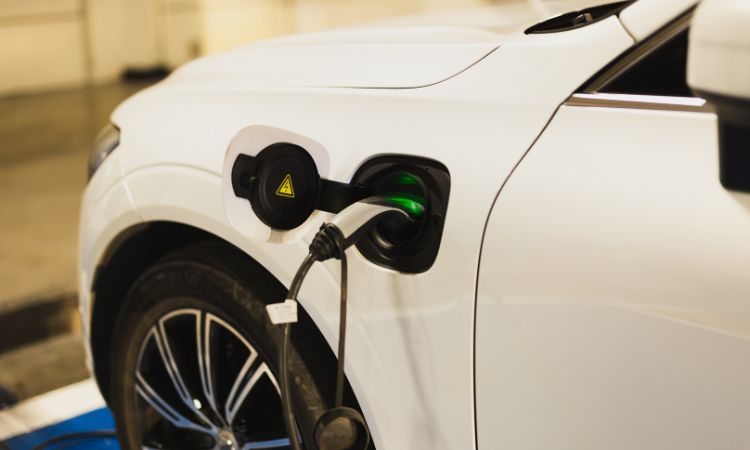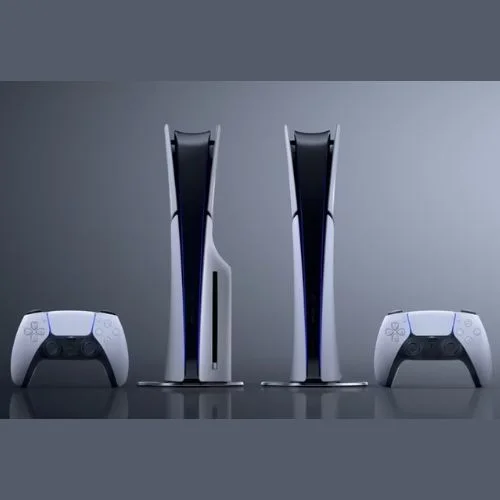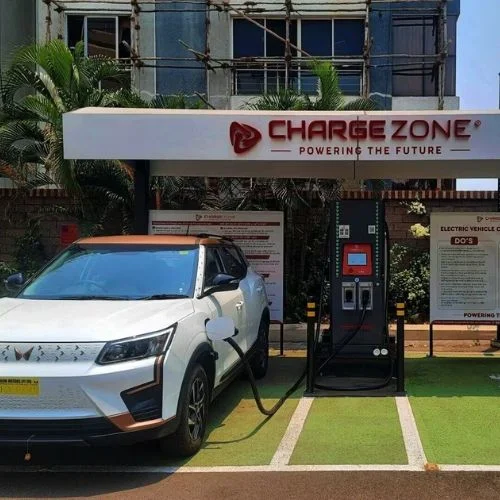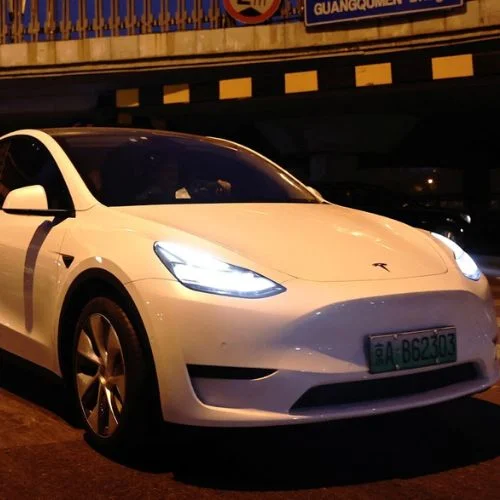China has revealed a new package worth 520 billion yuan ($72.3 billion) aimed at stimulating the sales of electric vehicles (EVs) and other environmentally friendly cars over the next four years. This move comes as the country’s auto market has experienced a decline in demand, raising concerns about the overall economic growth that has been losing momentum after a strong start to the year. The announcement of the package has led to a significant surge in the shares of automakers.

Tax Exemptions for New Energy Vehicles (NEVs)
The Ministry of Finance has stated that NEVs purchased in 2024 and 2025 will be exempted from purchase tax, saving buyers up to 30,000 yuan per vehicle. The exemption will be reduced by half for purchases made in 2026 and 2027. According to Vice Minister of Finance Xu Hongcai, the total tax breaks offered through this package will amount to 520 billion yuan.
Extension of the Current Policy
This latest initiative is an extension of the existing policy that exempts NEVs, including battery electric vehicles (EVs), plug-in hybrids, and hydrogen fuel-cell vehicles, from purchase tax until the end of 2023. The decision to extend the policy for another four years has exceeded market expectations. Cui Dongshu, the secretary general of the China Passenger Car Association, has suggested that the costly extension of the exemption indicates that additional stimulus measures are unlikely to be implemented.
Positive Market Response
Following the announcement, Chinese auto shares experienced a significant rally. Electric vehicle manufacturers NIO and Xpeng saw their shares rise by 6.1% and 5.5% respectively, while Hong Kong’s benchmark index (HSI) dropped by 1.9%. Li Auto also witnessed a surge of 3.5% in its share value.
Government’s Efforts to Promote NEV Development
This recent move by the Chinese government follows a Cabinet meeting held on June 2, during which authorities expressed their intentions to extend and optimize the tax exemption policy while studying other policies to promote the development of NEVs. These incentives place NEVs at the forefront of the government’s efforts to revive growth in the world’s second-largest economy.
Support for Local Players and Cheaper Models
In recent years, the Chinese government has actively promoted NEVs through various incentives, which have contributed to the success of local players such as Li Auto, NIO, and BYD. BYD, supported by Warren Buffett’s investment company Berkshire Hathaway, has even surpassed Volkswagen in terms of sales and has become China’s largest automaker this year. Analysts believe that the cap on the purchase tax exemption will drive the growth of more affordable models primarily produced by domestic firms, rather than premium vehicles from foreign manufacturers.
Boosting EV Growth and Recovery
NEV sales experienced a setback earlier this year when the government ended a subsidy program that had been in place for over a decade. However, sales rebounded after automakers, including Tesla, reduced prices to maintain market share and with the previous extension of the purchase tax exemption. Experts predict that this new package will further aid China’s EV growth, projecting a 30% increase in EV sales in 2024 compared to an estimated 15% growth this year.
Continuation of the Tax Exemption Policy
This latest announcement marks the fourth extension of the purchase tax exemption policy. The tax break was initially introduced in 2014 and has been extended in 2017, 2020, 2022, and now until 2027, providing continued support to the EV industry in China.















